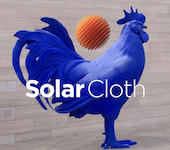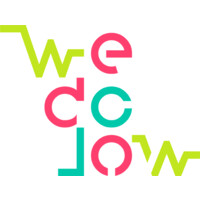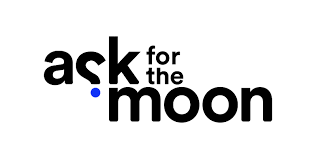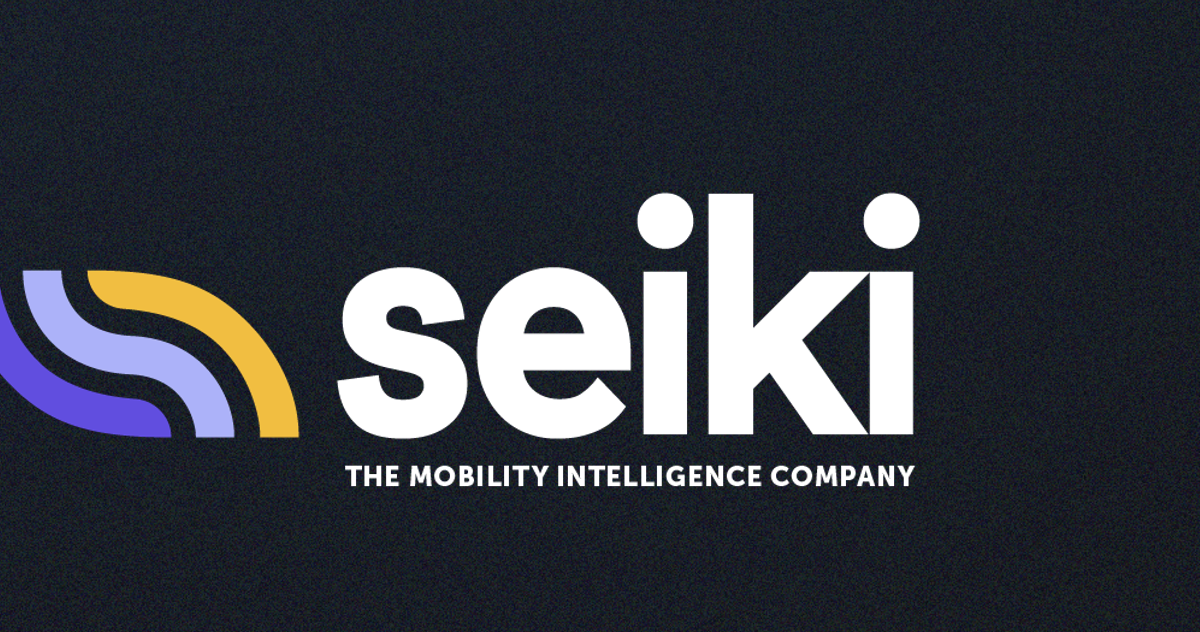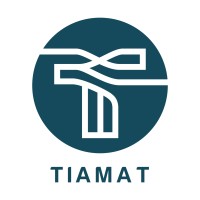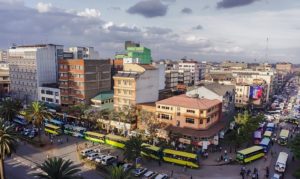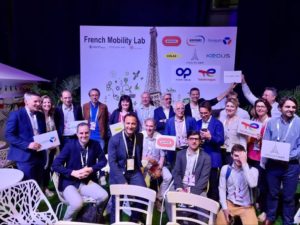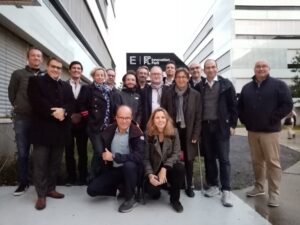Spotlight on six start-ups
Spotlight on six start-ups
In December 2023, Futura-Mobility held a pitch session to showcase the best start-ups selected by members of the think tank.
Talented entrepreneurs from six start-ups came on board to present their activities. On the agenda: sodium-ion batteries; AI for engineering; mobility data intelligence to better understand flow; optimisation of embedded and hosted applications; photovoltaics sufficiently lightweight and flexible for onboard uses; AI for disseminating knowledge internally… there was something for everyone.
A successful and absorbing session!
Solar Cloth System has developed an innovative process, qualified as a technological breakthrough by the Capenergie competitiveness cluster.
The technology used is CIGS (copper, indium, gallium, selenium), with an ultra-low carbon footprint of 15g CO2/kWh, which is 75% lower than the ‘made in Asia’, silicon supplying 95% of the global market.
With an efficiency of 18%, Solar Cloth’s flexible and rollable modules have strength comparable to conventional rigid panels used on roofs, without the drawbacks of glass components. The modules are custom-manufactured in France (Alpes-Maritimes).
Solar Cloth is listed as a supplier for factory-fitted original equipment by the Volvo Group for Renault Trucks and Volvo Trucks, as well as by Arquus, its military branch, for light armoured vehicles. In 2023, it equipped Nice Airport and the City of Cannes.
Thanks to its R&D capabilities, Solar Cloth develops innovative and unique solutions, especially for companies like Safran and EDF (PV canopy at the entrance of the Athletes’ Village, Paris-St Denis, for July 2024).
Solar Cloth is the official partner of several major laboratories, including CNRS at IPVF and IMN, the renowned German institute Fraunhofer, and INRAE for agrivoltaics.
The company’s innovations are supported by several granted patents, by numerous awards – including those from ADEME in 2019 (Innovation & Growth), i-Nov 2020, Tase in 2022 and 2023 – and it is a laureate of the EU’s PRIMA programme.
Solar Cloth’s solution targets five main industrial markets: mobility (VIPV), agricultural greenhouses (AGRIPV), green tourism, metal-textile structures/low-span structural buildings, and the military.
Solar Cloth also stays true to its original DNA by continuing its active presence in the nautical and offshore racing sectors.
WedoLow is a software company specialising in the design of embedded and hosted applications that promote the eco-design of digital services.
Our aim is to improve the performance and energy efficiency of software-driven electronic products. This concerns a wide range of sectors – from automotive to space and consumer electronics. To this end, we are developing software tools to guide developers through the process of optimising their software.
Specifically, this takes the form of two software bricks:
- The first runs diagnostics on the software and determines whether certain areas of code can be rewritten to improve performance/efficiency. The gain is also quantified at the end of this first stage.
- In the second, the developer has access, line by line, to the various optimisation paths identified, to the associated gain, and can select them to automatically generate the optimised version of the code.
Thanks to our team of experts in embedded software development, our tools have achieved average performance gains of 40% and energy savings of 20%!
What are you waiting for? Switch to WedoLow!
Mobility industries are investing billions to decarbonise and consolidate their value chains.
Learning rapidly on a large scale was already a performance driver; now it is a sustainability imperative. Generative AI is not only changing the way knowledge is produced and consumed, it is redefining knowledge.
Our job is to enable tacit, shareable knowledge to circulate between peers throughout your organisation to crack problems, capitalising on it over time while ensuring its quality, security, and compliance.
Through our platform, or directly integrated where you already work (MS Teams, Google, mail…), employees ask their questions. Our AI identifies existing reusable answers or experts to answer. Those with the questions find the answers, those with the answers stop repeating themselves.
Ask for the moon, a start-up created in 2018, has 17 employees who love the industry and are driven by CSR issues. Its customers include French industry leaders such as SNCF, Airbus, CNES, Framatome, Vinci, SPIE, Eiffage…
Dessia, a French start-up backed by French and German venture capitalists, specialises in deep tech.
The company develops a software environment integrating artificial intelligence algorithms to create and use of AI-based business applications, known as ‘AI-Apps’. Customers build and operate customised AI-Apps to digitise and automate their design and engineering processes, enabling the capture and perpetuation of their knowledge.
Benefits noted by customers include reduced development time, correct design from the first step, innovative design solutions, and digitisation of engineering knowledge (KBE).
The Dessia software solution can be used in particular to design products for the automotive, aeronautics, space, naval, and rail industries.
The most widely developed AI-Apps fall into 2 families:
- Generative AI-Apps, which use AI to automate the generation of possible solutions; these AI-Apps are used in particular in the upstream phases of defining a product concept or architecture, or in responses to calls for tender (RFP/RFQ); they can be used for functional architecture or 3D integration approaches, where, for instance, routing algorithms (harnesses, conduits) or automatic component placement can be used.
- Verification AI-Apps, which use AI to automate design reviews, i.e. to automatically detect whether or not a (3D) product design complies with a set of rules.
To sum up, we offer three major areas of collaboration:
- Smart Cities: we support mobility players and local authorities in analysing population movement. For instance, we communicate travel volumes (AADT, AADPM), displacement matrices based on the address or IRIS, modal shares, origins, motives, by socio-demographic cluster, in real time and in the future, on the eve of structuring decisions.
- Real Estate & Retail: we maximise the success of a new location, enable management of outdoor-indoor traffic at existing points of sale or buildings, and provide predictive elements for events impacting tomorrow’s mobility, with a view to ‘de-risking’ structuring decisions.
- Communication: we observe and anticipate qualified audiences to refine communication strategies, and evaluate the effectiveness of outdoor advertising campaigns in real time or retrospectively. We are the first organisation to be recognised by the CESP for measuring truly mobile audiences.
The mobility of the past, present, and future has never been so transparent.
Tiamat is a CNRS start-up spin-off that designs, develops, industrialises and markets sodium-ion batteries.
With its two generations (Gen1 for power applications, Gen2 for medium energy density applications), Tiamat covers the electrification needs of the mobility markets (road, rail, sea, and air), stationary applications, off-road needs, and power tools.
Relying on abundant materials, Tiamat offers a sovereign and independent supply chain, as well as price stability.
Founded in 2017 in Amiens, France, Tiamat builds on nearly 10 years of academic research by some of the CNRS and university research units working together within RS2E – such as Collège de France in Paris, LRCS in Amiens, CIRIMAT in Toulouse, ICMCB in Bordeaux, and CSIC in Barcelona.

